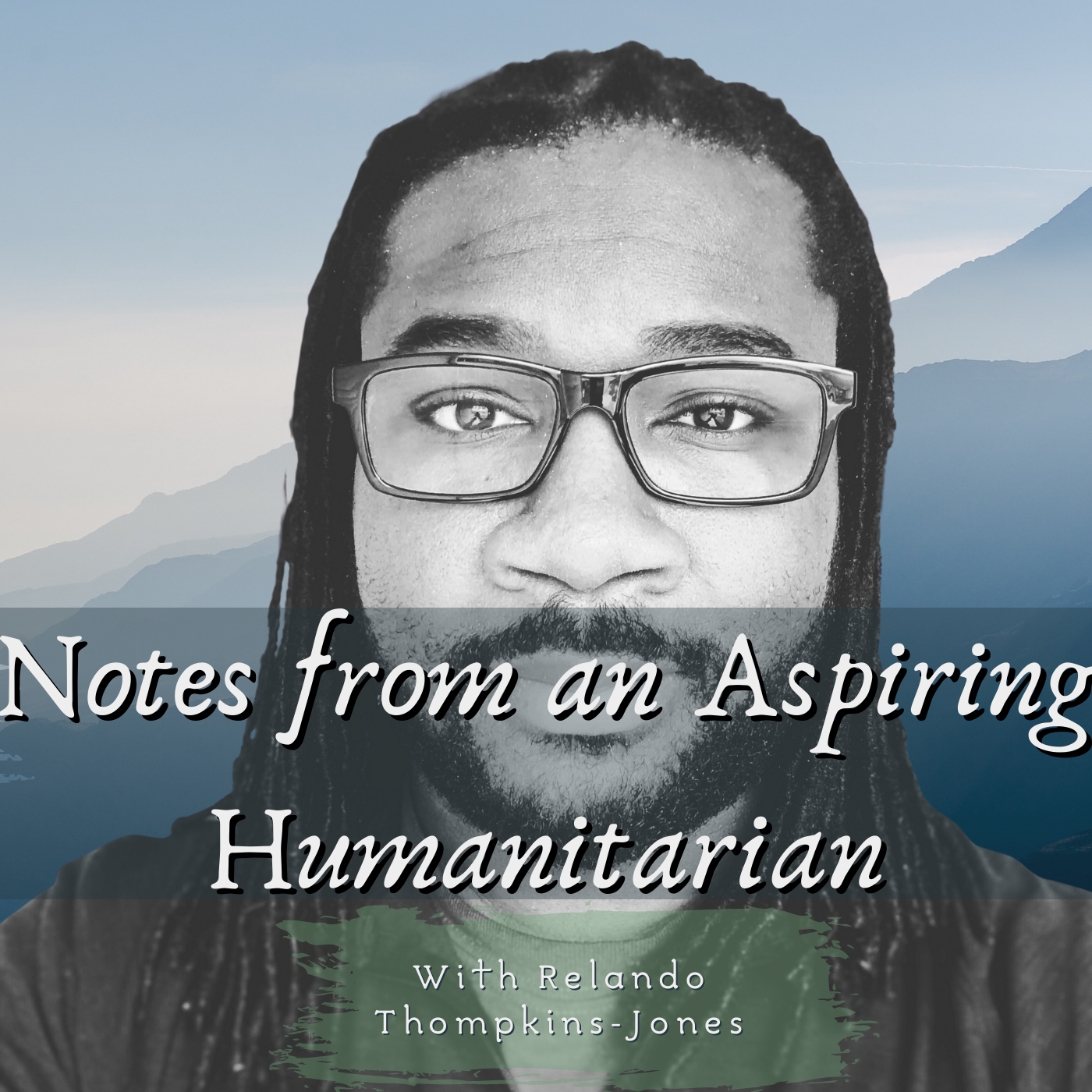“Let’s Talk About Thin Privilege”: Blogs You Should Read
Through this series of notes, I will share links of Blog posts and/or websites I’ve found that I see as being too great to keep to myself.
These resources will come from a variety of areas of service and interests, with the common theme being a focus on issues related to diversity, inclusion, equity, and social justice.
Some of them will be websites that I regularly look to for information and inspiration for my own personal growth, advocacy, and professional development, while others will be resources that I may have just discovered and want to get the word out.
Today’s Note highlights the blog post “Let’s Talk About Thin Privilege” from the blog Everyday Feminism.
The Link
http://everydayfeminism.com/2013/10/lets-talk-about-thin-privilege/
Why I like it
Just like White Privilege, Male Privilege, Heterosexual Privilege, Ability Privilege and others, Thin Privilege also exists and operates on a variety of levels. This is a powerful reflection.
A sample from a post (or posts) from the site that I’ve read, and think you should too.
Title: “Let’s Talk About Thin Privilege“.
“I walk through this world as a thin person.
And as such, I have never experienced fat discrimination.
That said, I want you to know two things:
1. I am writing this article from a privileged perspective; and
2. I am not here to damn, guilt, or embarrass thin people.
But I think we need to have a talk.
Because it’s so easy to fall back on tired old excuses for why we’re notprivileged – and I see this a lot when the topic of thin privilege is broached.”
“A Man of Color can experience racism and still benefit from his male privilege. An able-bodied woman can experience sexism and still benefit from her able-bodied privilege. A poor white farmer can experience classism and still benefit from his white privilege.
A person with an eating disorder can experience ableism and still benefit from their thin privilege.
Being marginalized in one area doesn’t negate your privilege in another.”
Continue Reading Let’s Talk About Thin Privilege…
Title: “20+ Examples of Thin Privilege“.
“Through mass media, we’ve been bombarded with messages that “normal” size is actually thin. And this assumption that you need to be thin in order to be ok and normal gets played out frequently for people who are bigger than “normal”.
If you’ve been a “normal” size your whole life, you may never have thought of the benefits of being thin. But sizeism is very prevalent, and it’s one of the acceptable “isms” in our society.
It’s time we make this “ism” unacceptable, and thus make the world a better place to live in for people of all shapes and sizes.
The following are examples of thin privilege that those of us who are seen by society as being physically “too big” experience regularly in our lives.”
- You don’t get told, “You have such a pretty/handsome face” (implying: if only you’d lose weight you could be even more attractive).
- People do not assume that you are lazy, based solely on your size.
- You’re not the brunt of jokes for countless numbers of comedians.
- Airlines won’t charge you extra to fly.
- You are not perceived as looking sloppy or unprofessional based on your size.
- You can eat what you want, when you want in public and not have others judge you for it or make assumptions about your eating habits.
Continue Reading 20+Examples of Thin Privilege…
From Aspiring Humanitarian, Relando Thompkins, MSW
—————————————————————————————————————————
(N.A.H.) is advertisement-free and reader supported. If you enjoy my notes, consider supporting (N.A.H.) with a one-time donation or by becoming a monthly patron.
—————————————————————————————————————————















I definitely agree with the idea of “thin privilege.” It’s actually something I thought about while researching white privilege. Having been fat my whole life (21), I can definitely see thin privilege, especially in regards to clothing and sized things, such as airplane seats. Also, the comedians joke comment may be the most obvious one. Fat people are the only group that comedians have full, free, unfiltered access to joke about, no matter how hurtful. Not being too far removed from grade school, where weight was one of the first things kids learned to joke about, it’s a shame that almost every other identifiable, legal, group of people has social protection from comedians.
Great post. I’ll prowl around this site some more for sure.
Welcome to Notes from an Aspiring Humanitarian. I’m glad you’ll be exploring the site some more, and I hope you’ll come back again to read, share or comment if the mood strikes you.
Your examples highlight how institutionalized thin privilege really is. Words can hurt, and some “jokes” aren’t very funny after all. The degree to which we can laugh at those jokes can also show us areas where we’re not paying enough (or any) attention to the feelings and lived experiences of others.
One of my purposes in sharing the articles on this topic was to help to increase awareness about the advantages that those of us who benefit from thin privilege may not be paying attention to, because as with other privileges, we are trained not to know it exists.
Thanks for sharing your thoughts and lived experiences here Brandon. Your words are a part of interrupting an oppressive dominant narrative.